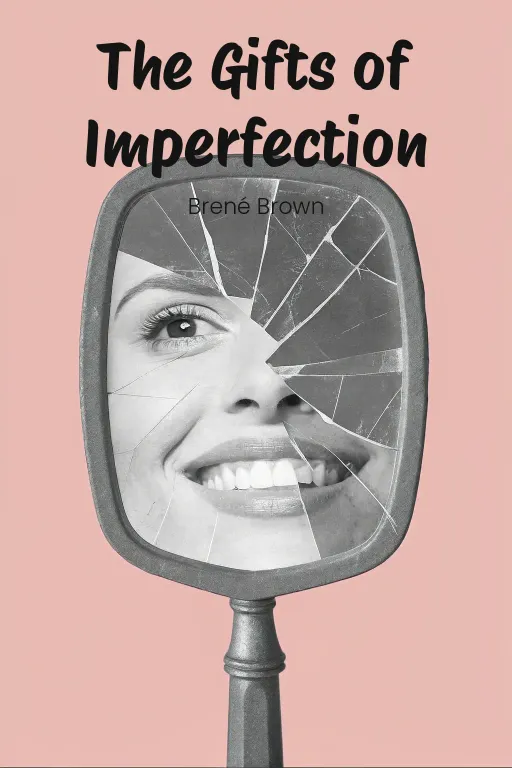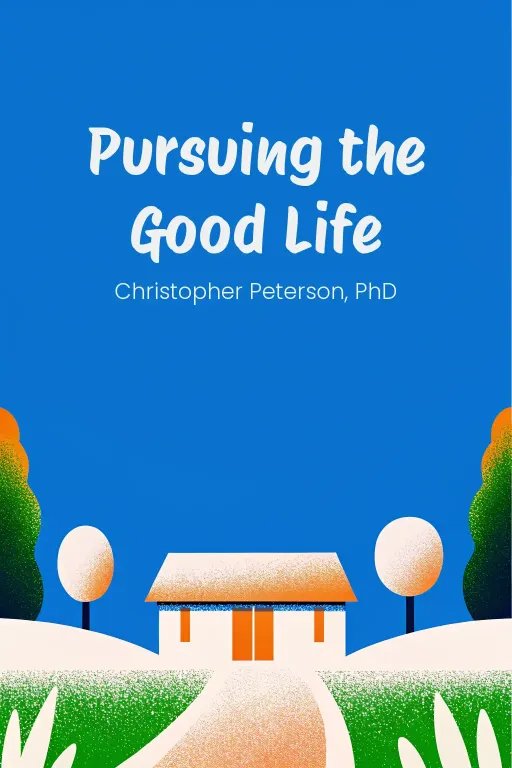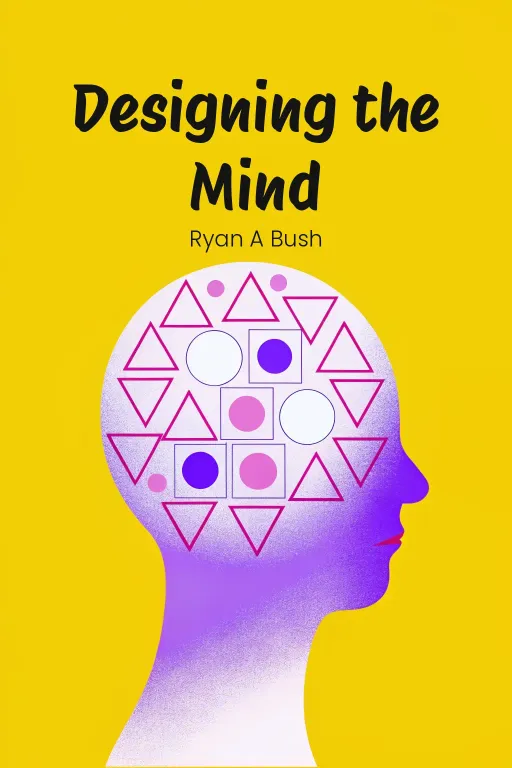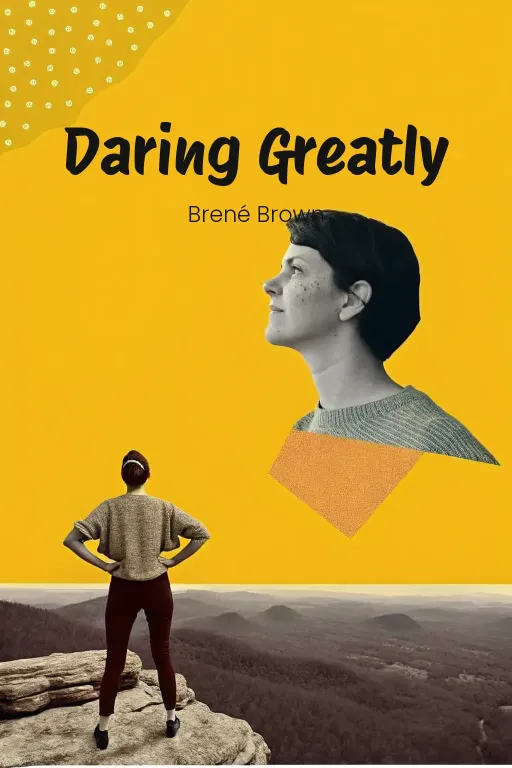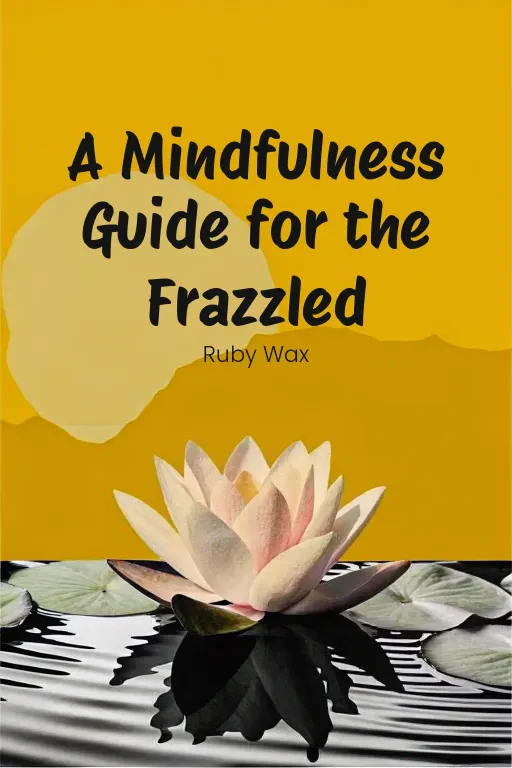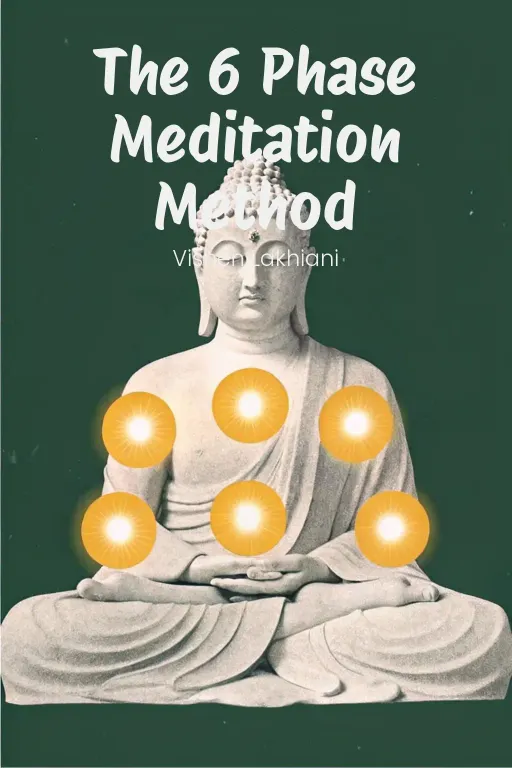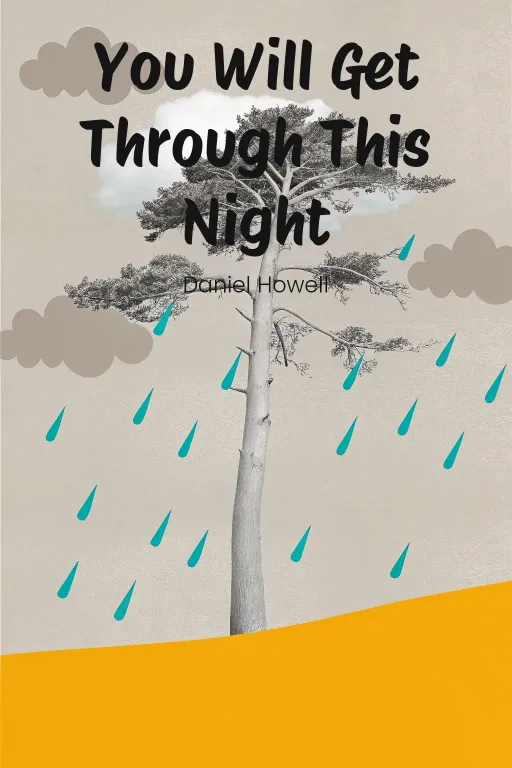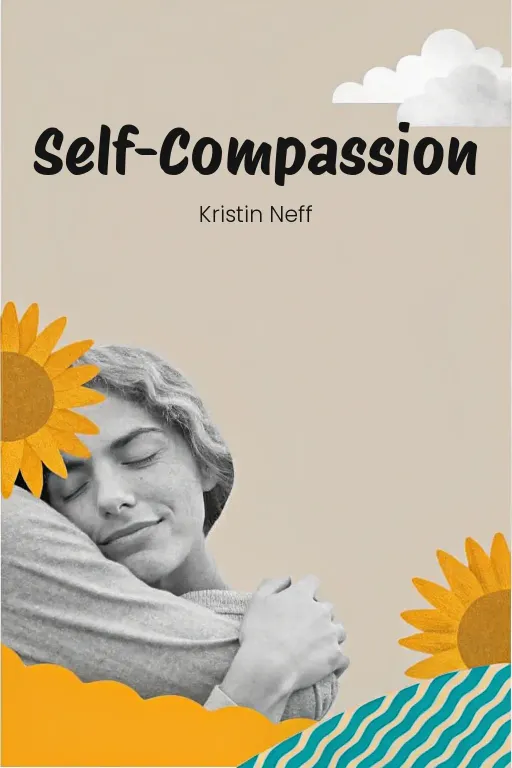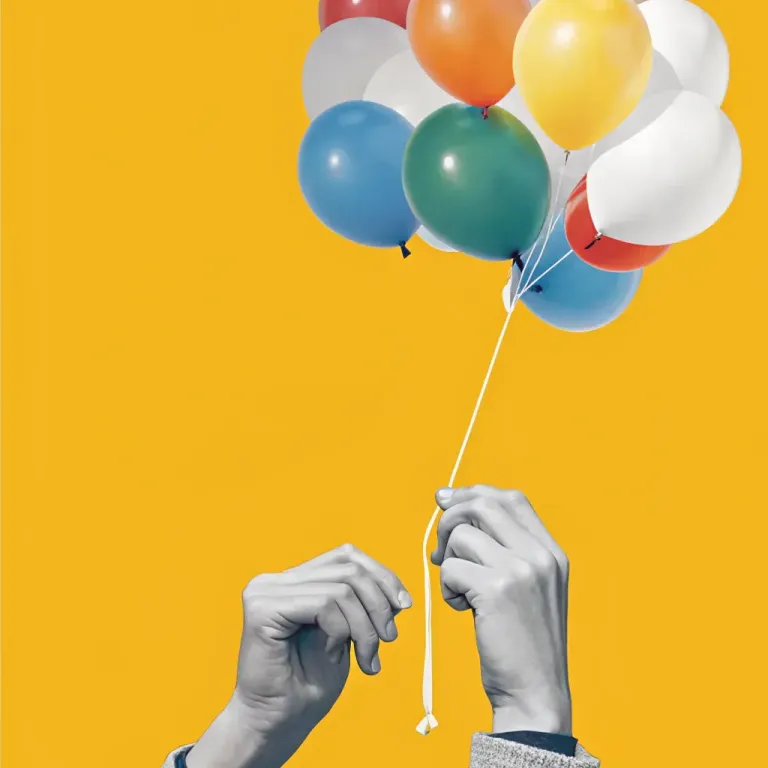
Stop Fixing, Start Living
Podcast by The Mindful Minute with Autumn and Rachel
Embrace Detachment as a Path to Freedom
Stop Fixing, Start Living
Part 1
Autumn: Ever feel totally wiped out trying to, like, fix or control someone else's life? Maybe it's a family member, someone at work, or even just some random person online? If that sounds familiar, you're definitely not alone. Today we're talking about something that can “really” change how you deal with those situations. Rachel: Uh oh, sounds serious. So, are we talking about how to not completely lose it when your partner leaves their socks all over the floor? Or is this, like, on a whole other level? Autumn: Oh, way bigger than socks, Rachel! We're diving into Karen Casey's book, Let Go Now: Embrace Detachment as a Path to Freedom. It's all about reframing detachment, not as indifference, but as a way to build emotional independence, create healthier relationships, and find some inner peace. Casey makes it super clear that it’s not about cutting people out or ignoring them. It's about freeing yourself from the need to micromanage their choices, while also finding your own happiness and balance. Rachel: So, lemme see if I get this... basically, it's like, you stop trying to white-knuckle control everything in someone else's life and just, you know, focus on what you're doing? Autumn: Exactly! And Casey guides you through this transformation using meditations, reflective exercises, and some “really” actionable steps. She “really” helps you understand how getting too involved in other people's problems can actually be damaging—both to them and to you. Rachel: Okay, I'm intrigued. But, I'm also a little worried. Does this whole detachment thing ever come across as, I don't know, like you just don't care? Autumn: That's a “really” important question, and one we're going to address head-on. We’ll start by looking at what detachment “really” means—and it's definitely not the same as being indifferent. Then, we’ll explore practical ways to incorporate detachment into your daily life, like intentionally setting boundaries. And finally, we'll see how this practice can “really” bring you a lot of peace – and the people around you, too. Rachel: Sounds like learning to dance with life without stepping on anyone's toes, or, you know, breaking your own in the process. Autumn: Perfect metaphor, Rachel! Detachment isn’t about walking away; it’s about moving together harmoniously. So, let’s dive in!
Embracing Detachment
Part 2
Autumn: Okay, let’s dive into detachment, because it's often misunderstood. People often think it means being cold or distant, right? But in “Let Go Now”, Karen Casey actually reframes detachment as respecting other people's freedom and prioritizing your own peace of mind. It's about changing how we show love, not stopping it altogether. Rachel: Honoring freedom, huh? So instead of jumping in to "fix" someone’s problem, we just… let them figure it out? I mean, isn't that like watching someone make a bad decision in slow motion? Feels a bit… passive. Autumn: I see why it might seem that way. But it's not about ditching people when they're struggling. It's about supporting them by trusting that they can handle things themselves. Casey gives an example of how her always meddling in her family's decisions wasn't helping them at all. It was building resentment and stopping them from growing. Rachel: So, if your friend wants to quit their stable job to become a freelance goat yoga instructor, instead of giving them the "are you crazy?!" speech, you just… smile and nod? How do you not lose sleep worrying they'll end up living in your basement? Autumn: Exactly! That's where it gets tricky. Casey says that worry often comes from our own need to control things. So, detachment is about acknowledging what you cannot control. Offer advice, sure, but then let go of the outcome and focus on what you can control – your own reactions and your own feelings. Rachel: Okay, I get the idea. But how do you actually do that? How do you detach when you just want to scream, "No! Don't do it!"? Autumn: Well, Casey suggests just observing without judging. Notice the situation without adding your own emotions or assumptions. So, instead of thinking, "Oh no, they're making a mistake," you tell yourself, "Maybe this is the experience they need." And she tells a story of trying to stop a friend from taking a job she thought was terrible. It ended up frustrating everyone. When she later stepped back, her friend learned valuable lessons on their own. Rachel: So, your silence isn't indifference, it's actually trust. Wow, that requires Olympic-level self-control. What do you do when your judgment just has to come out? Autumn: That's where mindfulness and, yes, even prayer can come in. Casey emphasizes relying on a higher power, or simply accepting that you can’t fix everything. And mindfulness can help ground you in the present, so you’re not consumed by “what ifs.” Rachel: Silent prayer, mindfulness… so you’re surrendering to faith and patience. So what about that coworker who constantly complains? How do you detach when your desks are practically touching? Autumn: Boundaries! This is where Casey gets really practical. Detachment isn't about being a doormat, it's about setting clear boundaries. If that coworker unloads their entire life story on you every morning, you can gently say, “Hey, I’m really swamped right now. Can we maybe chat later?” You know, protecting your own emotional space. Rachel: So, “no” is an option? Refreshing. Especially coming from someone like Casey, who admits she used to crave everyone’s approval. We've all been there, right? Walking on eggshells! Autumn: Absolutely, and she's really honest about that. Growing up in a home with a lot of tension, she learned to please others to avoid conflict. But she realized that constantly seeking validation left her feeling disconnected from herself. Setting boundaries helped her reclaim her independence and stop basing her self-worth on what other people thought. Rachel: Okay, I’m seeing the bigger picture now. Detachment isn’t about cutting people off – it’s about creating space. Space for them to grow, and space for you to breathe. But what's the reward? How do you know that all this boundary-setting actually leads to more happiness? Autumn: Good question. Casey points out three main benefits: emotional independence, clarity, and more authentic relationships. Emotional independence means you’re not controlled by other people's behavior. Total freedom to focus on yourself! Clarity comes from stepping back and seeing things more objectively. And authentic relationships? Those happen when you release control and build trust and mutual support. Rachel: Emotional independence, clarity, stronger relationships… So, letting go actually brings people closer? That sounds weird, but also… kind of amazing. Autumn: It really is. Casey calls detachment a "path to freedom." It’s letting others live their lives while giving yourself permission to live yours. And that creates a foundation of respect – for yourself and for everyone else.
Conclusion
Part 3
Autumn: Okay, so, to bring it all together, Karen Casey’s “Let Go Now” really reframes detachment. It's not about not caring, but about freeing yourself from the need to control everything. It’s about loving in a way that respects everyone's space, you know? By releasing that urge to constantly manage outcomes, we actually gain emotional independence, a clearer perspective, and build much stronger, genuine relationships. Rachel: Right, and the real genius here is that it's kind of a paradox. Letting go doesn’t mean you're losing out. It's actually creating opportunity, giving others space, like you said, to grow, to figure things out, while you get some peace of mind for yourself. Sounds pretty ideal, honestly, even if it takes a little... or a lot of practice. Autumn: Exactly. Detachment reminds us that we're not responsible for fixing other people. We “are” responsible for taking care of our own peace. So, maybe think about this: Can you trust that the people around you are capable of figuring things out on their own? And can you allow yourself to step back and really focus on what “you” need? Rachel: That’s a solid takeaway. It’s about understanding that letting go doesn’t weaken relationships, it actually strengthens the ones that are truly important. Definitely something we could all use a little work on, one step at a time. Autumn: Absolutely. Thanks for tuning in today, and remember, freedom really does begin with letting go. Take care! Rachel: Catch you all next time!


